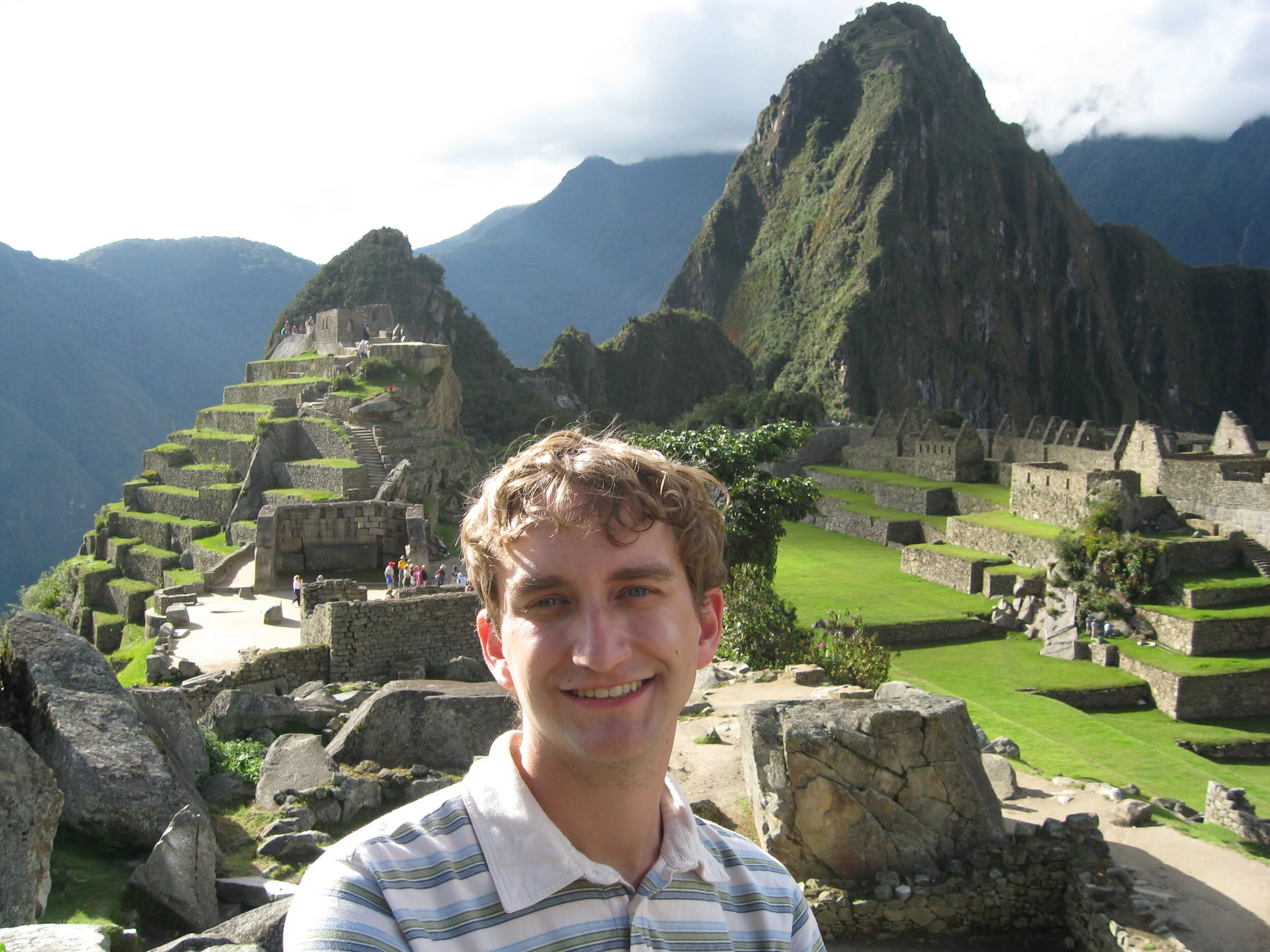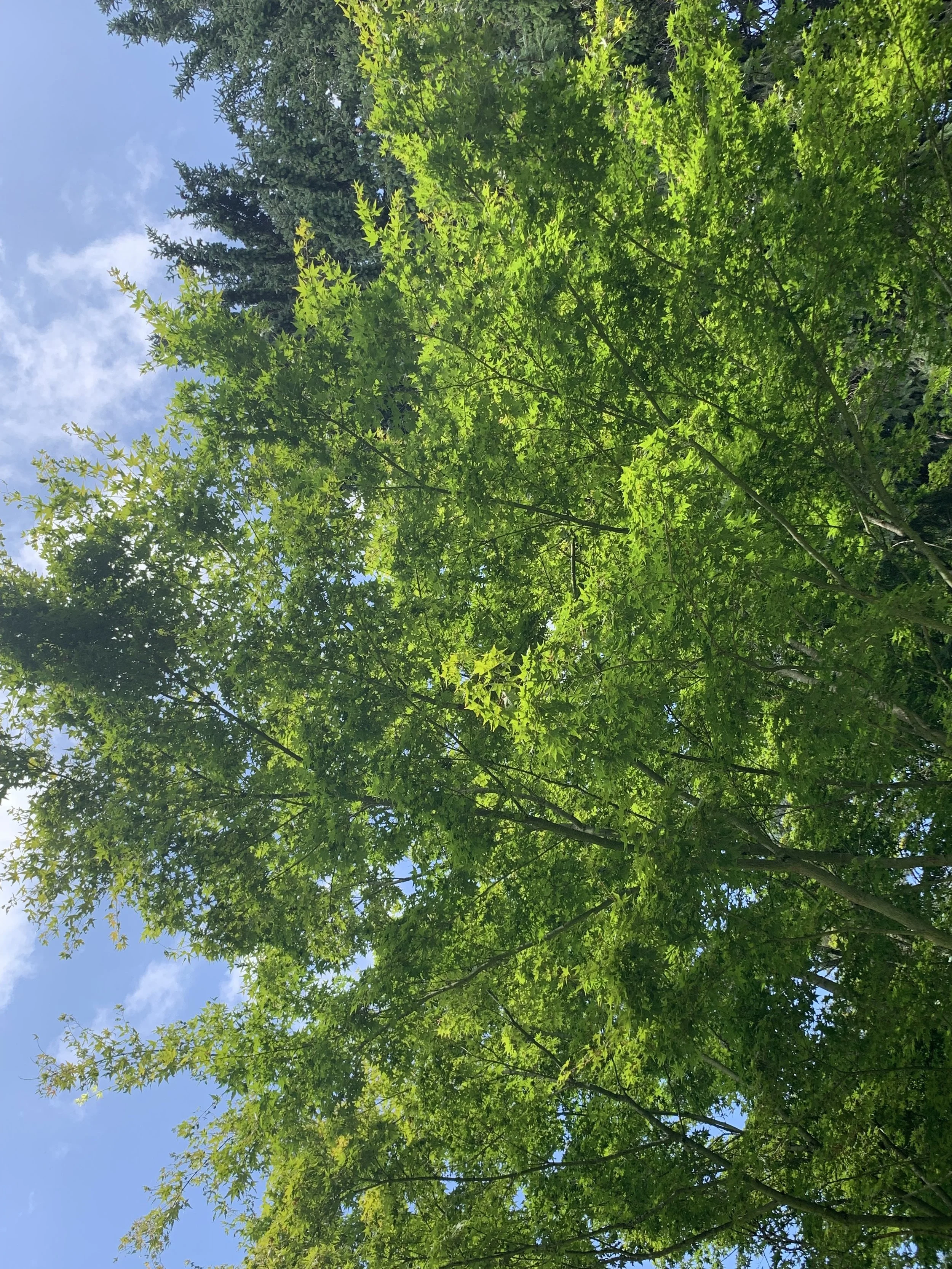Sleep is a crucial aspect of our daily lives, allowing our bodies to rest, recover, and rejuvenate. However, for some individuals, the tranquility of sleep is disrupted by sudden spikes in heart rate. This phenomenon, known as sleep-related tachycardia, can be both bewildering and concerning. In this article, we will delve into the underlying reasons behind these nocturnal heart rate fluctuations and shed light on the potential causes and remedies.
The Basics of Heart Rate and Sleep
Before we delve into the reasons for heart rate spikes during sleep, it's essential to understand the fundamentals of heart rate regulation and the sleep cycle. The heart rate is a measure of how many times your heart beats per minute. During sleep, our body undergoes several stages, including light sleep, deep sleep, and REM (rapid eye movement) sleep. Each stage has a distinct impact on heart rate and other bodily functions.
Normal Heart Rate Variations During Sleep
Fluctuations in heart rate during sleep are normal and can be influenced by various factors, such as age, overall health, and physical fitness. Typically, the heart rate gradually decreases as you transition from wakefulness to deep sleep. During REM sleep, when vivid dreaming occurs, heart rate variability is higher, reflecting increased brain activity.
Causes of Heart Rate Spikes During Sleep
Sleep Apnea: One common cause of sleep-related tachycardia is obstructive sleep apnea (OSA). In this condition, the airway becomes partially or completely blocked during sleep, leading to breathing pauses and subsequent drops in oxygen levels. The body responds by increasing the heart rate to compensate for the reduced oxygen supply as the brainstem triggers a release of cortisol to trigger an awakening and restored breathing.
Nightmares and Sleep Disorders: Intense nightmares, night terrors, or other sleep disorders can trigger a sudden spike in heart rate. These conditions can activate the body's "fight or flight" response, part of the autonomic nervous system, causing an adrenaline rush and increased heart rate.
Anxiety and Stress: Persistent anxiety and stress can disrupt sleep patterns and lead to an increased heart rate during sleep. The mind-body connection plays a significant role in regulating heart rate, and heightened emotional states can result in physiological changes, including elevated heart rate.
Medications and Stimulants: Certain medications, such as beta-blockers or stimulants like caffeine or nicotine, can interfere with sleep and cause an elevated heart rate during the night.
Potential Health Implications
While occasional heart rate spikes during sleep might not be cause for alarm, persistent or severe tachycardia (with a rate of 100 or more beats per minute) can be indicative of underlying health issues. Individuals experiencing recurrent episodes of elevated heart rate during sleep should consider consulting a healthcare professional to rule out any underlying conditions or identify appropriate treatment options.
Tips for Managing Sleep-Related Tachycardia
Maintain a Consistent Sleep Schedule: Establishing a regular sleep routine helps promote better sleep quality and reduces the likelihood of heart rate fluctuations during sleep.
Create a Relaxing Sleep Environment: Ensure your sleep environment is conducive to relaxation, free from distractions, and kept at a comfortable temperature. Consider the role of light, noise, and other environmental disruptions (including a bed partner or pets).
Practice Stress Reduction Techniques: Incorporating stress reduction techniques like meditation, deep breathing exercises, or engaging in a calming bedtime routine can help lower overall anxiety levels and promote better sleep.
Avoid Substances: Limit the intake of substances such as caffeine, nicotine, and alcohol, as they can interfere with sleep quality and contribute to heart rate irregularities.
Conclusion
While occasional spikes in heart rate during sleep can be a normal response to various factors, persistent or severe tachycardia during sleep should not be ignored. By understanding the potential causes and adopting healthy sleep habits, individuals can take proactive steps towards managing sleep-related heart rate fluctuations. If concerns persist or worsen, consulting a healthcare professional is advisable to ensure optimal sleep and overall well-being.
This article was created using OpenAI’s ChatGPT on July 8, 2023 and it was personally reviewed and edited by Brandon Peters, M.D. to ensure its accuracy. This use of augmented intelligence in this way allows the creation of health information that can be trusted.








